Labour's NEC Brexit meeting: What is at stake?
- Published
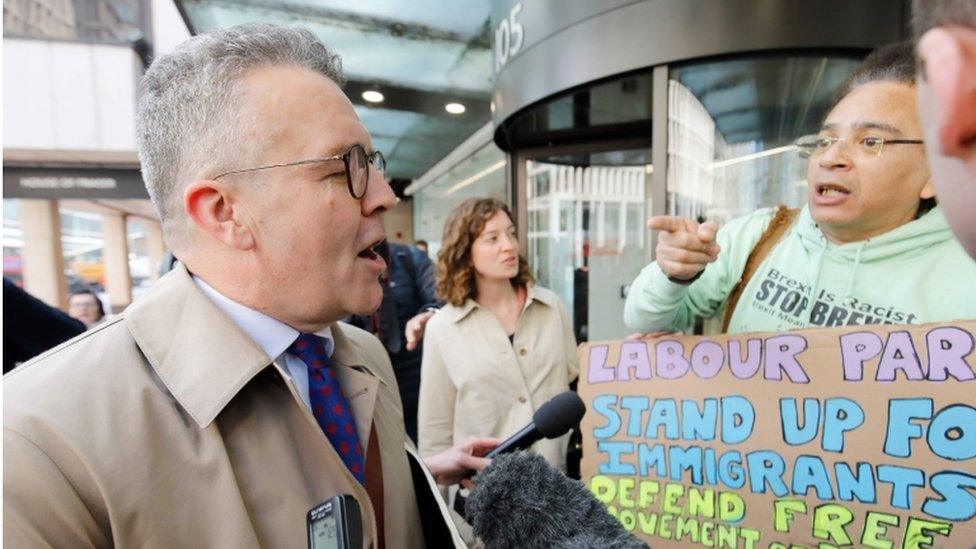
Tom Watson arrives for a meeting of Labour's National Executive Committee
After a meeting of the shadow cabinet and of the party's National Executive Committee, Labour's policy this evening may turn out to be exactly, or almost exactly, the same as it was this morning.
But don't assume today's deliberations aren't significant.
Allies of Jeremy Corbyn interpret Labour's current policy policy - agreed at the 2018 conference - to mean the party would keep open the option of a "public vote" (i.e. a referendum) to avoid "a bad Tory deal" or "no deal".
But Labour's deputy leader Tom Watson is campaigning for a vote on any deal - including one that Jeremy Corbyn might negotiate.
An ally of the party leader on the NEC, Claudia Webbe, has denounced Tom Watson as "divisive".
But, in truth, he is merely highlighting the divisions which are already there.
Some Labour MPs in Leave-supporting areas want no mention of a second referendum - a view shared by some of the leader's shadow cabinet allies.
Others can live with the current formulation of a heavily caveated commitment to a referendum as a last resort.
But the need to fight European elections - taking place on 23 May - has led 34 of the party's candidates to say that this ambiguity is no longer sustainable.
Around 100 MPs from across the party agree with them.
They want a clear commitment to a referendum under all circumstances.
For opponents of Jeremy Corbyn there is a bonus too.
Polling suggests an overwhelming number of party members back a referendum and want to remain.
If Mr Corbyn stands in the way of this, the hope is that some of the newer members on the left will become disillusioned with his leadership.
And that hope for his opponents is a fear for some of his backers.
Groups such as Love Socialism, Hate Brexit have as their driving force members of the left-wing group Momentum.
They believe the project of enthusing younger left-wing voters will stall unless the leadership shifts position on a referendum.
From Tom Watson's perspective, even if he loses the argument at the left-dominated NEC, he will have been seen as a champion of the party's grassroots and will have gained the support of some significant trade unions.
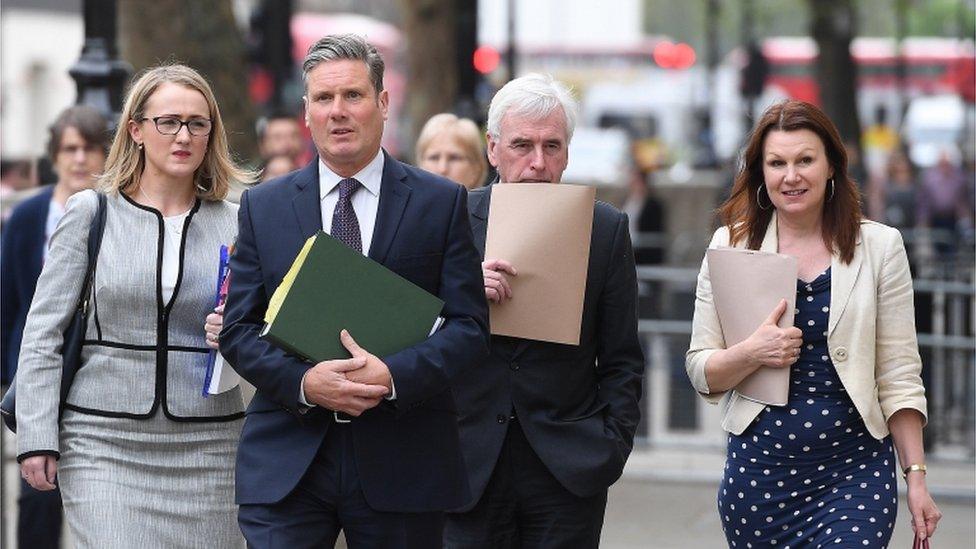
Labour shadow cabinet ministers have been taking part in cross-party talks with the government over Brexit
Some of Jeremy Corbyn's allies, meanwhile, are keen to defeat the position favoured by the party's deputy not just to put him in his box.
They believe that defeating a call for a referendum on any deal would allow them to reach agreement with the government in the current Brexit talks.
If they can get commitments to workers' rights and something that looks like a customs union, then this would no longer be deemed a "bad Tory Brexit" and there would be no need to have a second referendum - which they feel could alienate working class Leave voters.
It would also get Brexit settled before the party conference season (and the October deadline set by the EU) and allow the party to relaunch on a platform of "healing divisions".
A question of leadership
There would, of course, be a big rebellion in Labour's ranks but as no option at this stage is a good option, then this might be seen as a price worth paying.
Or it might provoke a challenge to the Corbyn leadership.
But the last time the party leader was challenged - for what was seen as his lacklustre support for Remain in the 2016 referendum - his supporters rallied round and his opponent, pro-EU Owen Smith, was defeated.
So although there may be a wedge between Jeremy Corbyn and some of his left-wing supporters on Europe right now, they may return to his fold if they believe his leadership is seriously in danger.
So far though, Brexit has had a range of unintended political consequences so don't rule out the possibility of further dramatic developments.
- Published29 April 2019
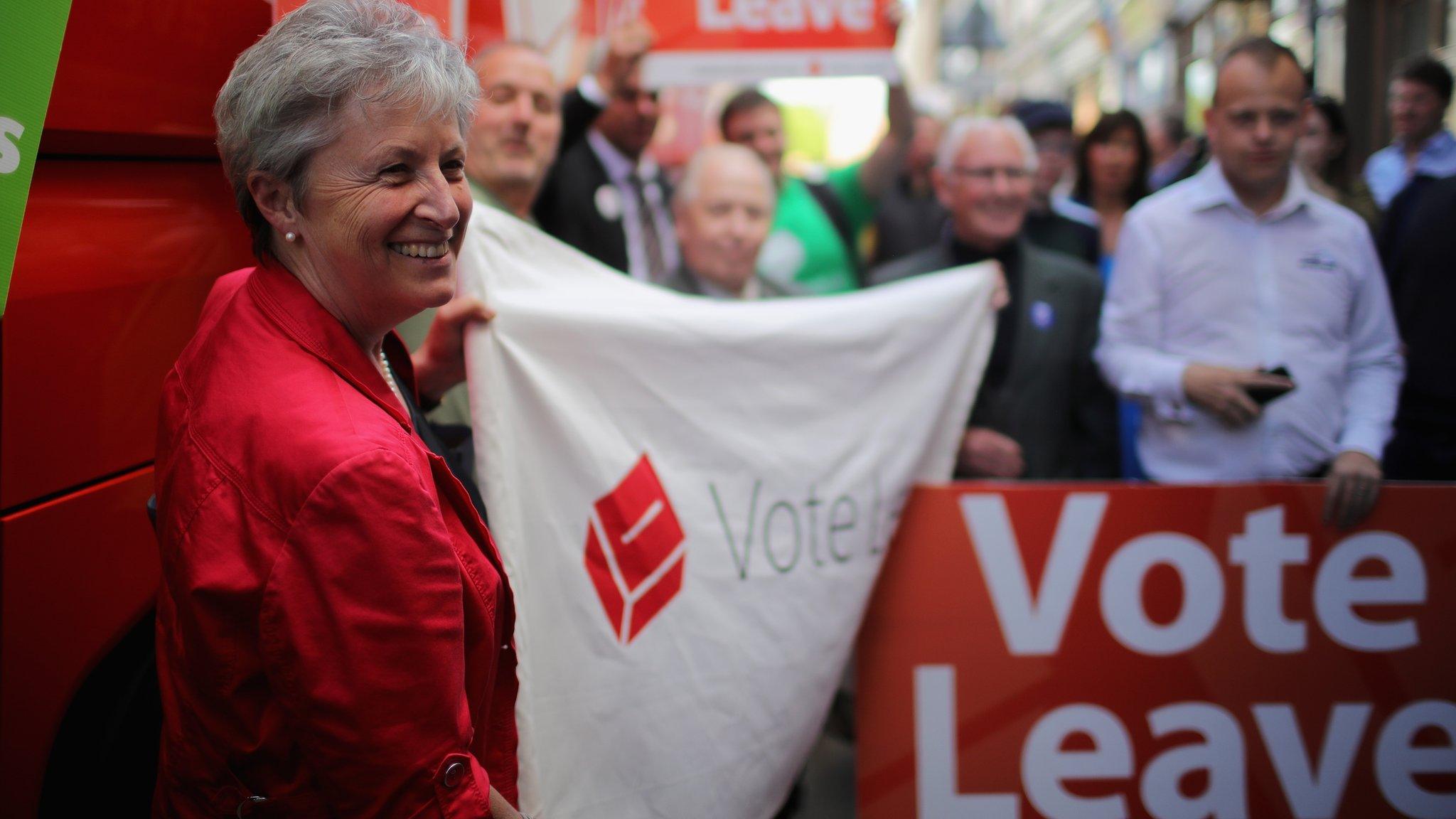
- Published30 April 2019
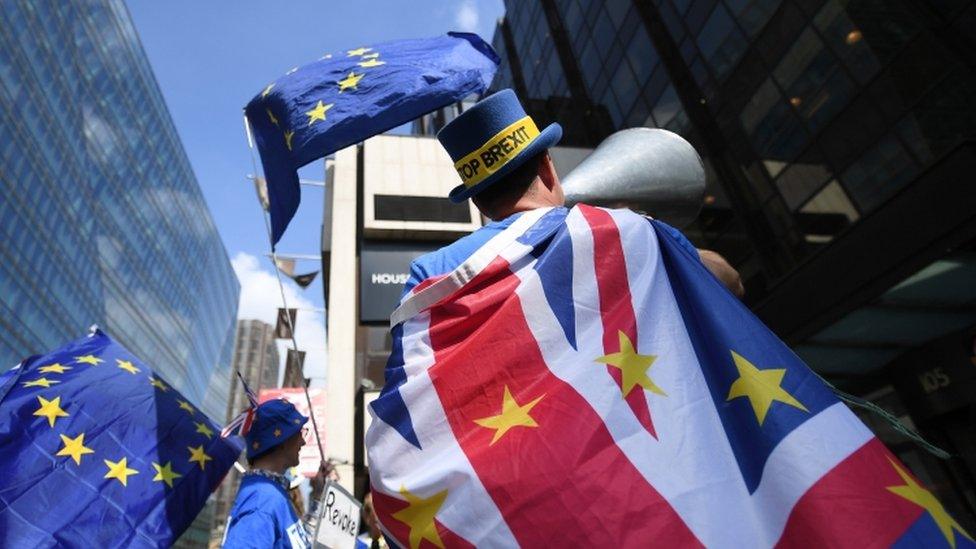
- Published27 April 2019
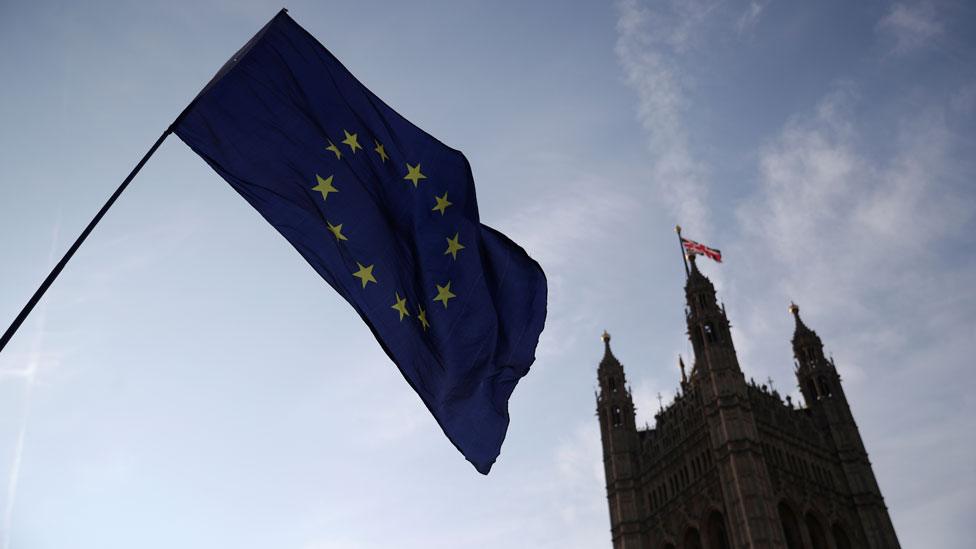
- Published4 April 2019
